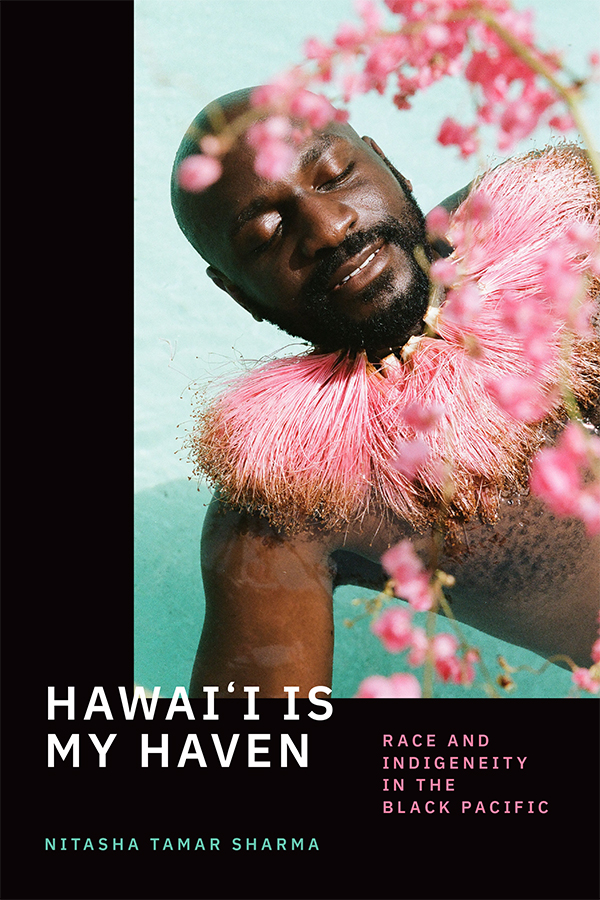
You have one week left to save 50% on in-stock books and journal issues during our Spring Sale. If you’re still wondering what to buy, check out Executive Editor Courtney Berger’s suggestions.

This is always a tough assignment: can you recommend some books for the spring sale? All the books, I want to say. But, evidently that doesn’t make for a compelling blog post, and I’m told that I must select just a few. So, here are my picks. (But, secretly, I am whispering, All the books.)
Hot off the presses: Renyi Hong’s Passionate Work: Endurance After the Good Life. If you’ve ever balked at the advice to “follow your passion” or “do what you love and the money will follow,” this is the book for you. Hong considers how the idealization of work as a passionate endeavor that sustains people emotionally and spiritually papers over the conditions of labor in late capitalism, which are dominated by precarity, unemployment, repetitive labor, and isolation. He shows us how passion has become an affective structure that shapes our relationship to work and produces the fantasy of a resilient subject capable of enduring disappointment and increasingly disadvantageous working conditions. Hong asks us to question our compulsory attachment to labor and, instead, to consider forms of social and emotional attachments that might better sustain our lives.
Another new book that hits on squarely on pandemic politics: Nicole Charles’s Suspicion: Vaccines, Hesitancy, and the Affective Politics of Protection in Barbados. Charles examines resistance to government-led efforts in Barbados to vaccinate girls against HPV. Framing this resistance not as “vaccine hesitancy” but instead as a form of legitimate suspicion, Charles shows how colonial and postcolonial histories of racial violence, capitalism, and biopolitical surveillance aimed at regulating and controlling Black people have shaped Afro-Barbadians’ relationship to the state and to medical intervention. The book undoes conventional narratives of vaccine hesitancy and scientific certainty in order to open up space for addressing the inequalities that shape health care and community care.
You might pick up Nitasha Sharma’s Hawai’i Is My Haven: Race and Indigeneity in the Black Pacific because of the stunning cover, but you’ll stay for Sharma’s compelling analysis of Black life on the islands. Despite the prevalence of anti-Black racism in Hawai’i, many Black people regard Hawai’i as a sanctuary. Sharma considers why and shows how Blackness in Hawai’i troubles US-centric understandings of race, ethnicity, and indigeneity. Through extensive interviews with Black residents—including transplants, those born in Hawai’i, and many who identify as dual-minority multiracial–Sharma attends to Black residents’ complex experiences of invisibility, non-belonging, and liberation, as well as the opportunities for alliance between anti-racist activism and Native Hawaiian movements focused on decolonization.
Calling all foodies and lovers of The Great British Bake Off: Anita Mannur’s Intimate Eating: Racialized Spaces and Radical Futures dwells on culinary practices, texts, and spaces that resist heteropatriarchal norms of the family, the couple, and the nation. Mannur shows us how racialized and marginalized groups use food to confront and disrupt racism and xenophobia and to create alternate, often queer forms of sociality and kinship.
Our lists in environmental humanities and environmental media continue to grow. Here are a few new titles to look out for:
Nicole Starosielski’s Media Hot and Cold asks us to reckon with the politics of temperature. Thermal technologies—from air conditioning to infrared cameras—serve as both modes of communication and subjugation, and Starosielski’s book points to the urgent need to address the political, economic, and ecological ramifications of “thermopower” and climate control. In Climatic Media: Transpacific Experiments in Atmospheric Control Yuriko Furuhata highlights the intertwined development of climate engineering, networked computing, and urban design in the transpacific relationship between the US and Japan during the Cold War. Min Hyoung Song’s Climate Lyricism turns to literature as a site for confronting climate change. In the lyrical voice (the “I” who addresses “you”), Song finds a tool that can help us to develop a practice of sustained attention to climate change even as we want to look away. And, lastly, in Dockside Reading: Hydrocolonialism and the Custom House Isabel Hofmeyr brings us to an unlikely site for thinking about the environment and literature–the colonial customs house. It was here that books were sorted, categorized, and regulated by customs agents, and where the handling of books reflected the operations of empire both at the water’s edge and well beyond the port.
Use coupon SPRING22 to save on all these titles and more. If you’re located outside North and South America, we suggest you order from our partner Combined Academic Publishers using the same coupon. You’ll get faster and cheaper shipping. See the fine print here.





One comment